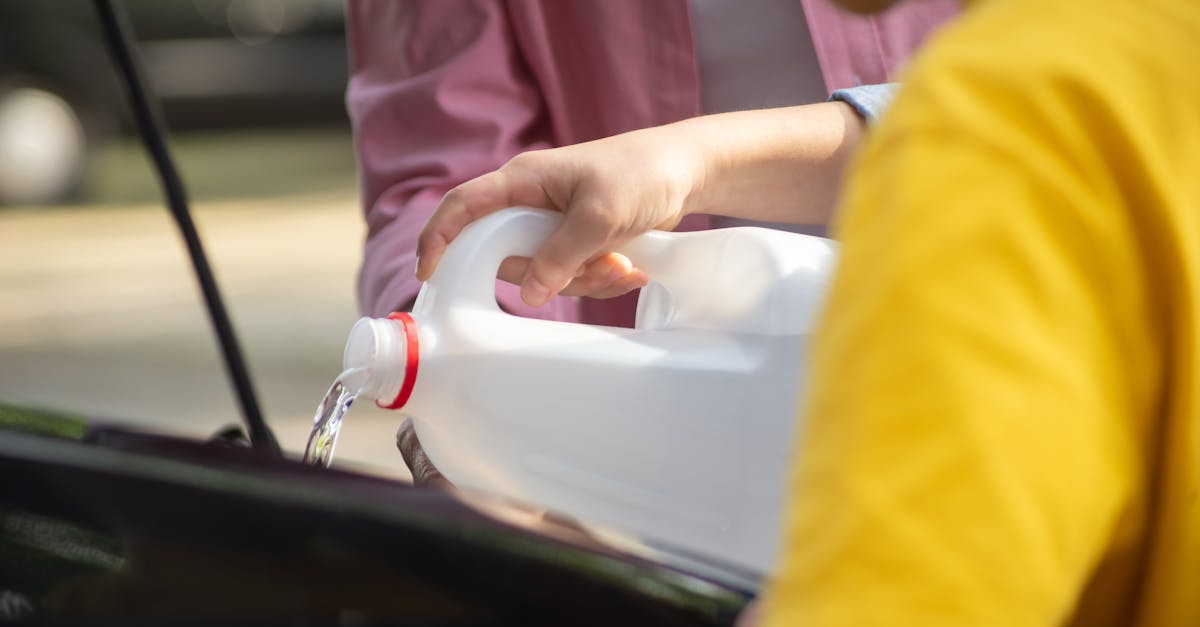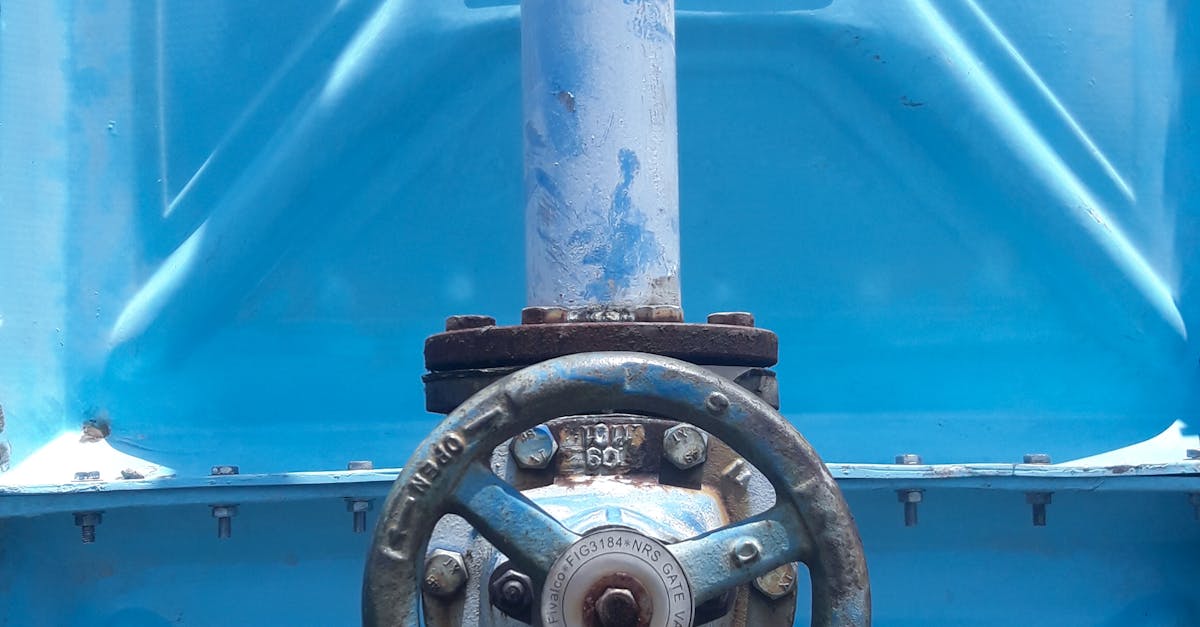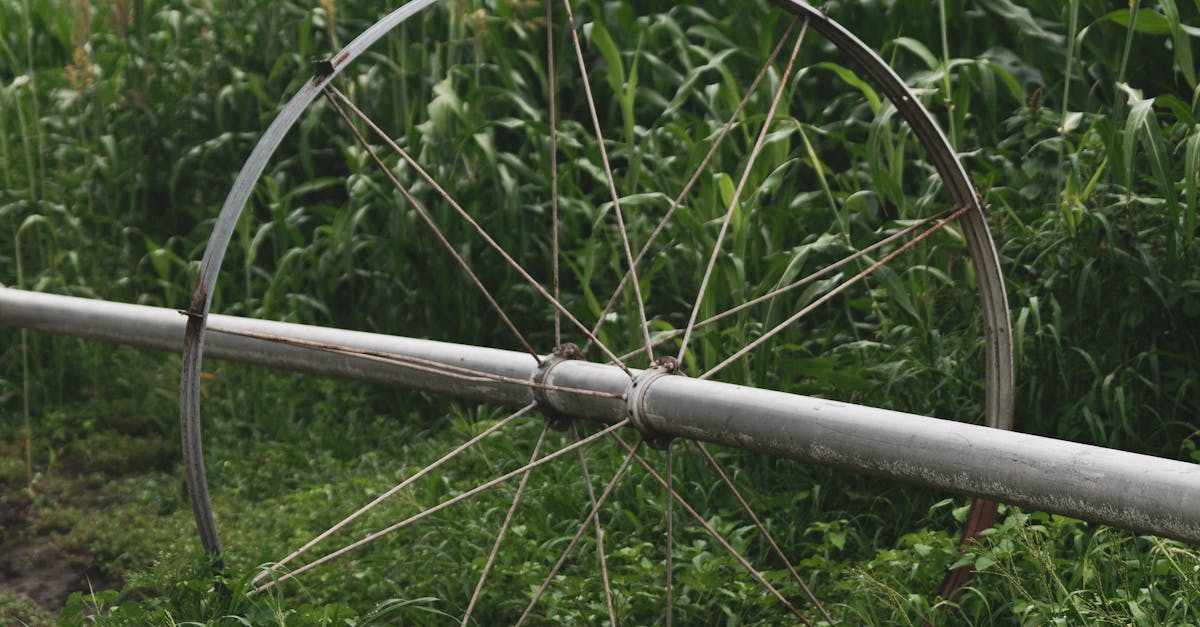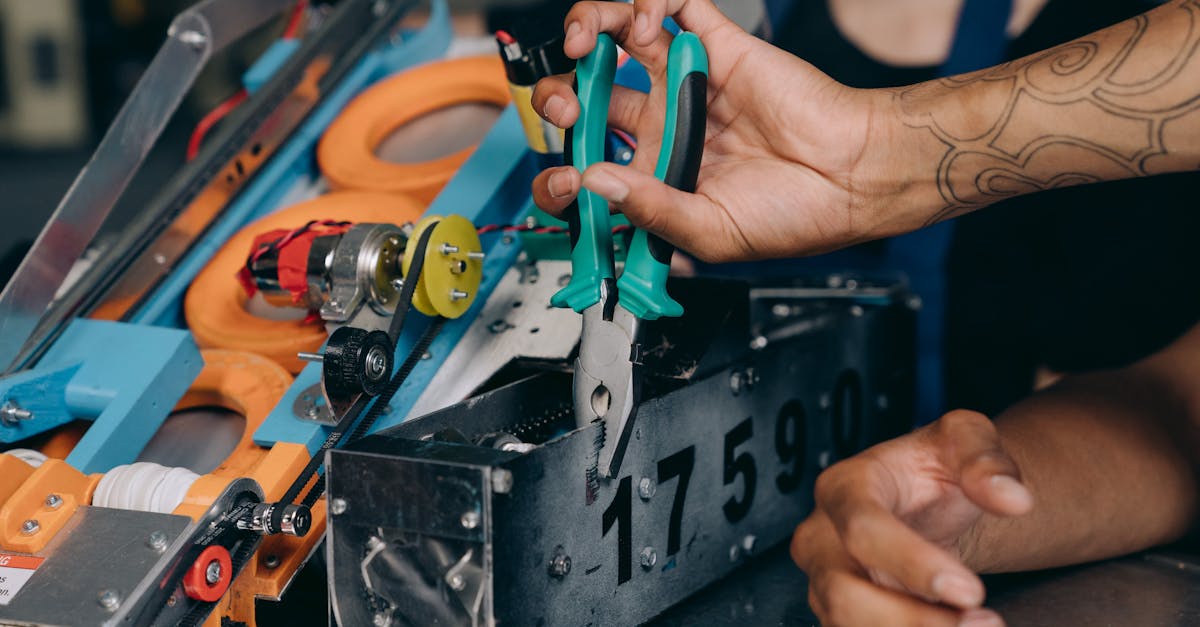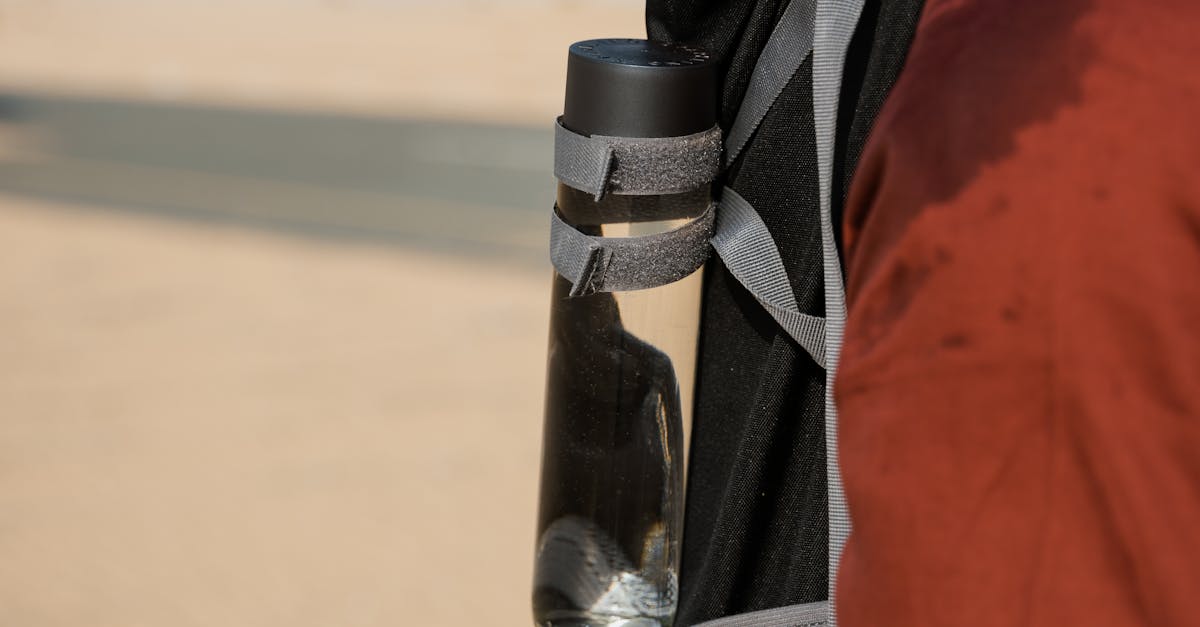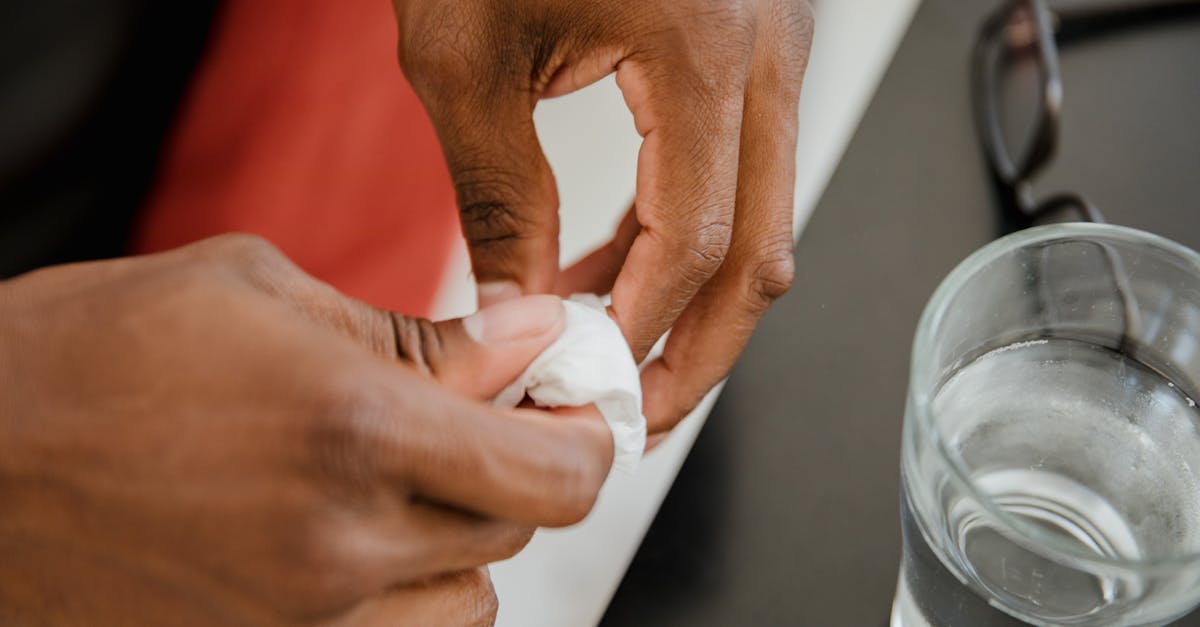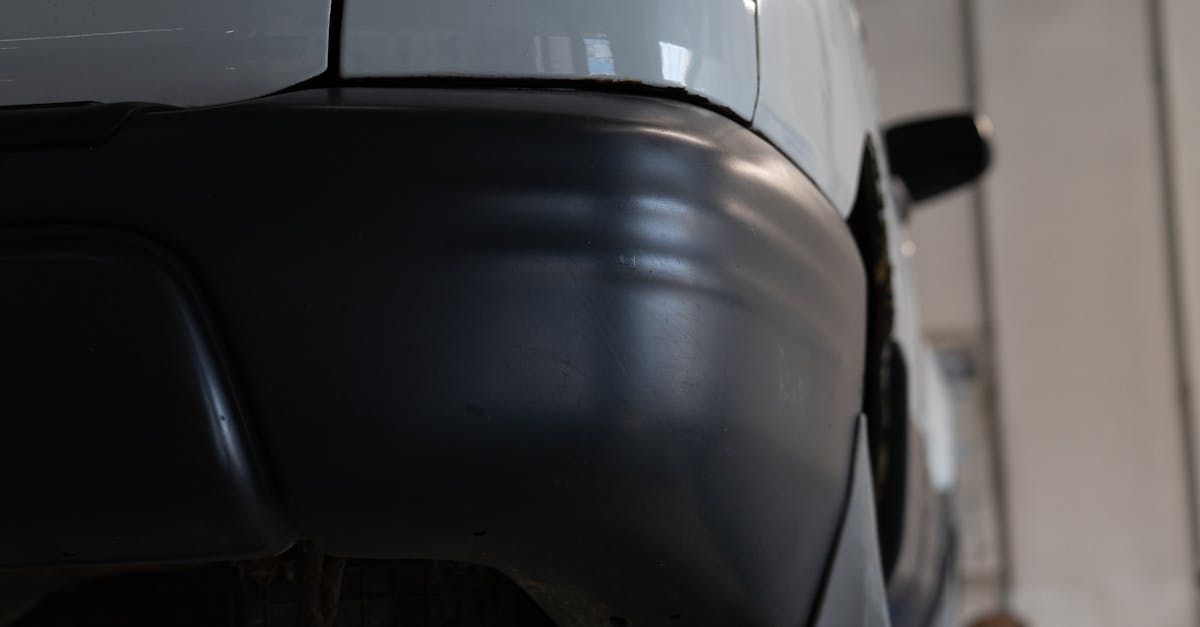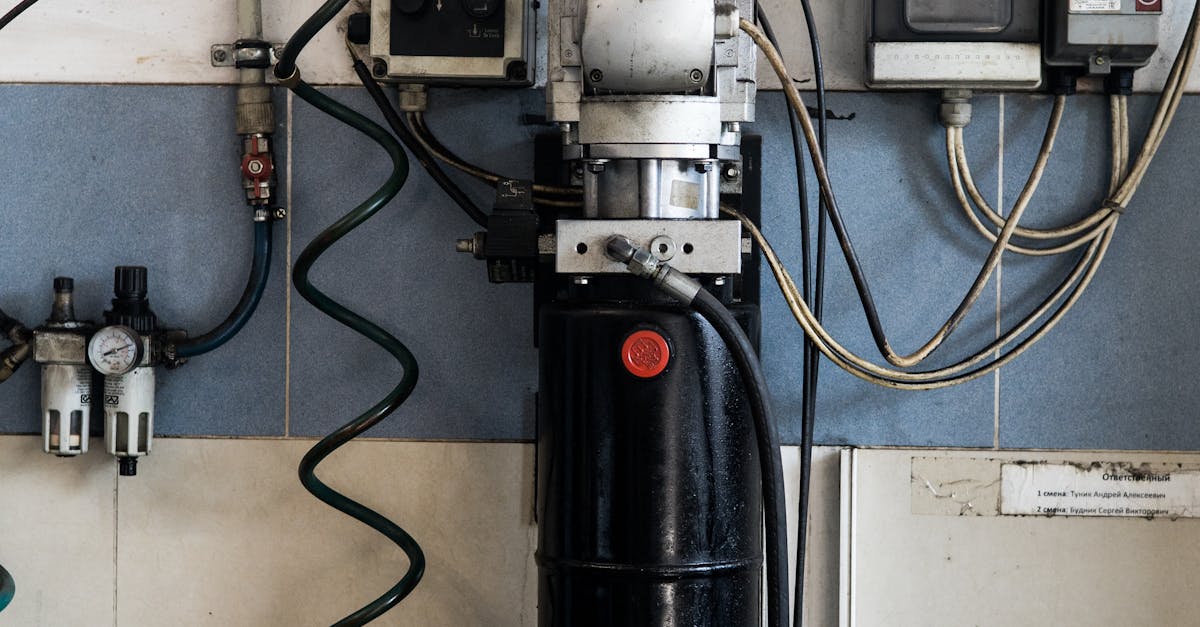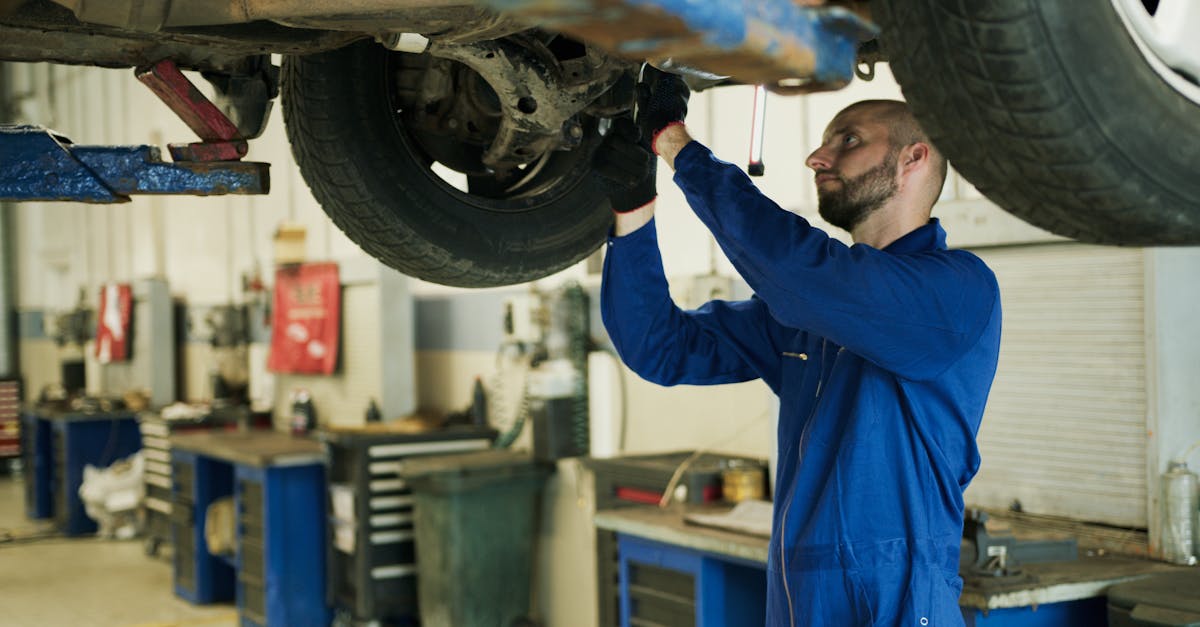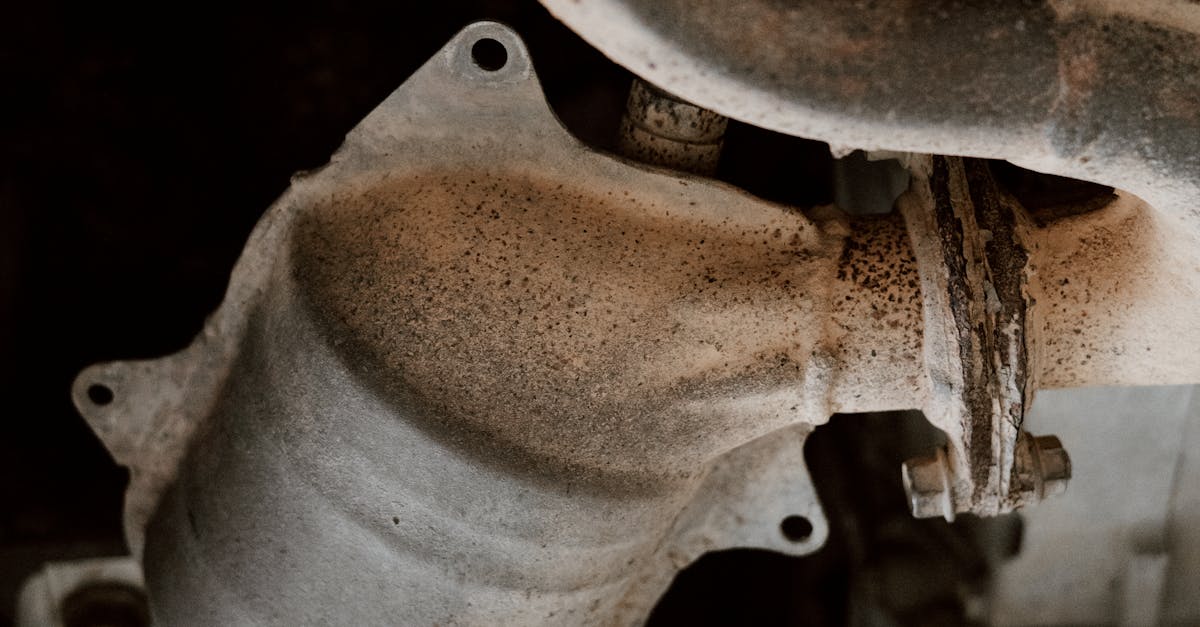
Table Of Contents
When to Repair vs. Replace
When considering whether to repair or replace a hot water heater, several factors come into play. A common guideline is the age of the unit; if it’s nearing the end of its expected lifespan, replacement often makes more sense. Frequent issues can signify underlying problems that can lead to higher repair costs over time. Hot Water System repair may provide a temporary solution, but if the unit is consistently malfunctioning, investing in a new model might ultimately save money in the long run.
Additionally, the cost of repair versus replacement should be carefully evaluated. A simple fix may be achievable with minor repairs, especially if the heater is relatively new. However, if repairs start to accumulate or cost a significant percentage of the unit’s replacement value, it is generally wiser to opt for a new system. Assessing energy efficiency is also crucial; newer models tend to operate more efficiently, translating to lower utility bills over time.
Key Indicators for a Replacement Decision
Several signs can indicate that it is time to replace your hot water heater rather than opt for more hot water system repair. If the unit exceeds its lifespan, generally around 10-15 years, replacement may be the most practical choice. Routine issues such as persistent leaks, rust, or a decrease in hot water availability can also suggest that components are failing. An increase in energy bills could indicate inefficiency, making a new model with improved energy performance a more cost-effective solution in the long run.
In addition, listening to your hot water heater can provide clues to its condition. Unusual sounds like rumbling or popping noises often point to sediment buildup, which can signify age or reduced functionality. A noticeable drop in water temperature, despite adjustments to the thermostat, may also support the need for a replacement. If repair costs surpass half the price of a new unit, considering an upgrade may be more beneficial.
DIY Repairs
DIY repairs can be a tempting option for homeowners looking to save on costs associated with professional services. With the right tools and knowledge, small issues like leaks or temperature problems can sometimes be addressed without calling in an expert. However, DIY repairs in the context of hot water system repair require a thorough understanding of the components involved. A misstep could lead to further damage or create unsafe conditions.
On the other hand, taking on hot water system repair yourself may provide a sense of accomplishment. Many resources, such as online tutorials and guides, offer valuable information on troubleshooting and fixing common issues. While this can empower homeowners to attempt repairs, they must weigh the risks. Inadequate knowledge or lack of necessary tools can turn a minor fix into a larger problem.
Safety Considerations for Home Repairs
Home repairs can often present safety hazards, especially when dealing with appliances like hot water heaters. Understanding the risks associated with hot water system repair is crucial. Inadequate preparation or lack of knowledge might lead to injuries such as burns from hot water or electric shocks if the system is connected to an electrical source. Always ensure that the power supply to the heater is turned off and water is cooled before beginning any repair work.
In addition to personal safety, proper equipment and techniques are necessary for successful repair jobs. Utilizing the right tools can prevent accidents and ensure effective repairs. Wearing protective gear, like gloves and goggles, is advisable when handling components of the hot water system. If uncertainties arise regarding the repair process or safety protocols, it is wise to consult a professional to prevent potential hazards and costly mistakes.
Professional Services for Hot Water Heater Repair
When it comes to complex issues with your hot water heater, professional services can provide valuable expertise. Certified technicians understand the intricacies of different models and systems, allowing them to diagnose problems accurately. They possess the right tools and equipment, which can streamline the repair process. Additionally, using a professional for hot water system repair ensures that your warranty remains intact and eliminates the risk of further damage due to improper handling.
Choosing the right technician is crucial for effective hot water system repair. Look for qualifications and experience, preferably with the specific brand of your heater. Reading reviews and asking for referrals can help narrow down your options, ensuring you select someone reliable. A licensed technician not only brings knowledge but also adheres to safety protocols, providing peace of mind during repairs.
Choosing the Right Technician
Choosing a qualified technician for your hot water heater repair can significantly impact the effectiveness and cost of the service. Researching local professionals should be your first step. Look for technicians with strong reviews, relevant certifications, and experience in hot water system repair. Getting recommendations from friends or family can also help narrow down your options.
Once you have a list of potential candidates, consider contacting them for quotes. A reliable technician will provide clear details about their services, pricing, and any warranties offered. Additionally, inquire about their experience with your specific type of hot water system. This ensures that you select someone who understands the nuances of your model and can address issues accurately.
FAQS
How can I tell if my hot water heater needs to be repaired or replaced?
Key indicators for replacement include age (generally over 10-15 years), leaks, inconsistent water temperature, and unusual noises. If you notice any of these signs, it may be time to consider replacing your unit rather than repairing it.
What are some common DIY repairs I can attempt on my hot water heater?
Common DIY repairs might include flushing the tank to remove sediment buildup, replacing the thermostat, or adjusting the temperature settings. However, be cautious and ensure you follow safety precautions.
What safety considerations should I keep in mind when repairing a hot water heater?
Always turn off the power supply and water supply before attempting any repairs. Wear safety gear, be aware of potential electrical hazards, and if you're unsure, it's best to consult a professional.
How much does it typically cost to hire a professional for hot water heater repairs?
The cost can vary significantly based on the type of repair and your location, but typical repair costs can range from $100 to $500. It’s best to obtain estimates from several technicians to find a fair price.
What should I look for when choosing a technician for hot water heater repair?
Look for licensed and insured professionals with good reviews and experience in hot water heater repairs. It’s also beneficial to ask for references and check their credentials before hiring.

